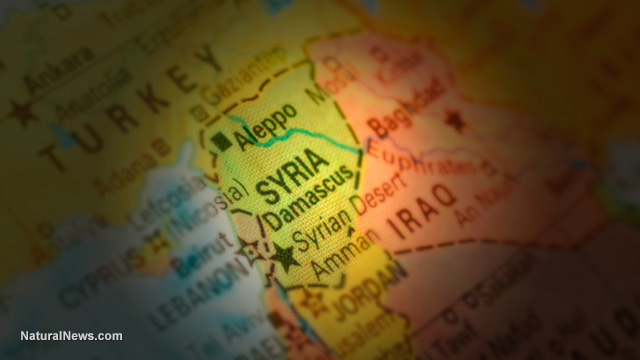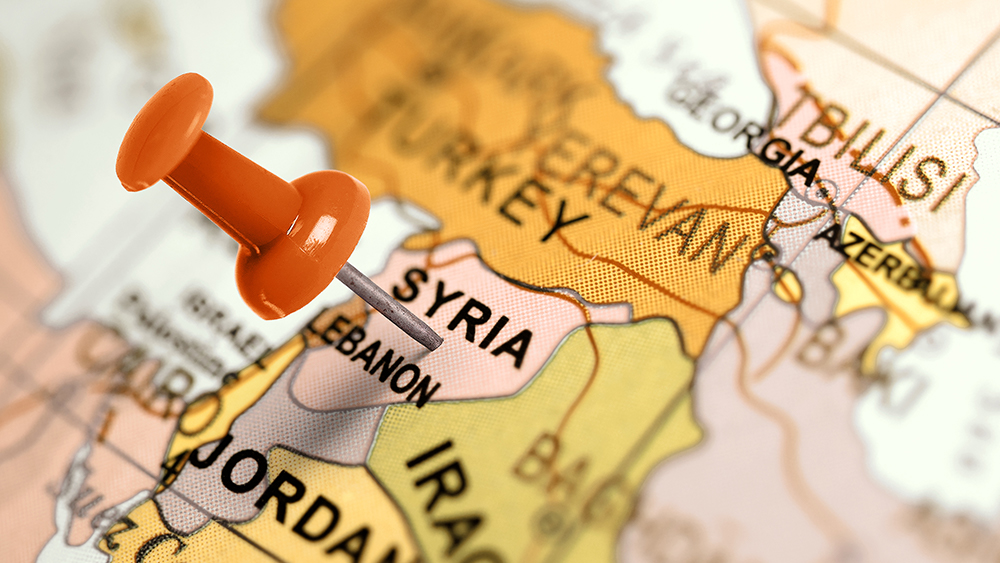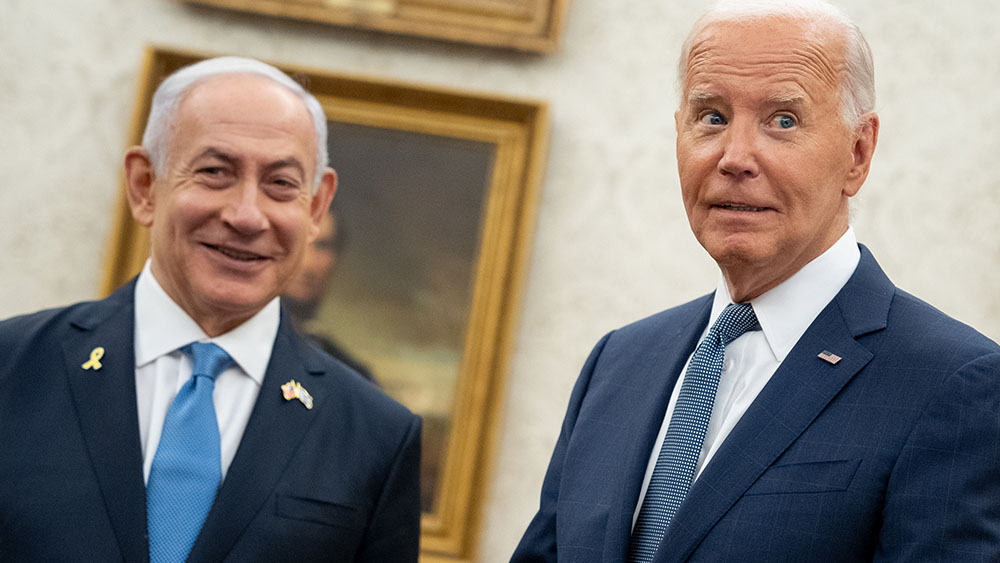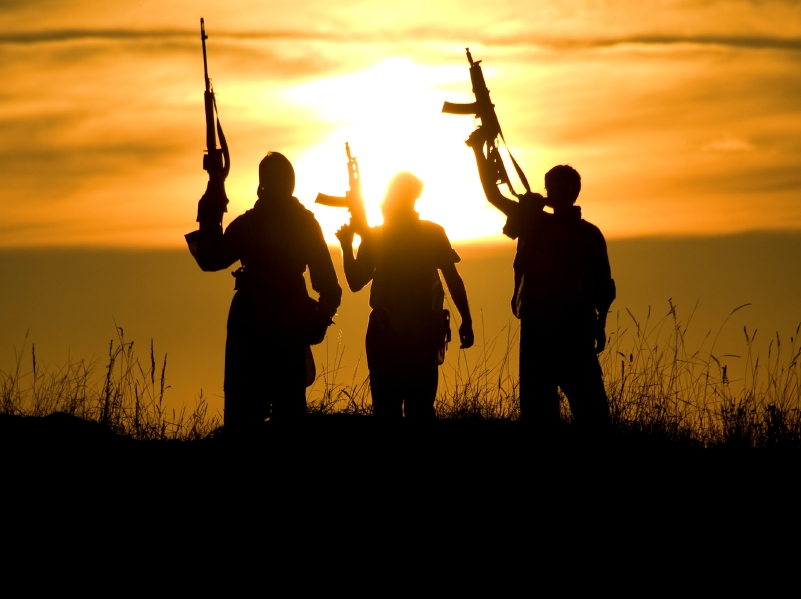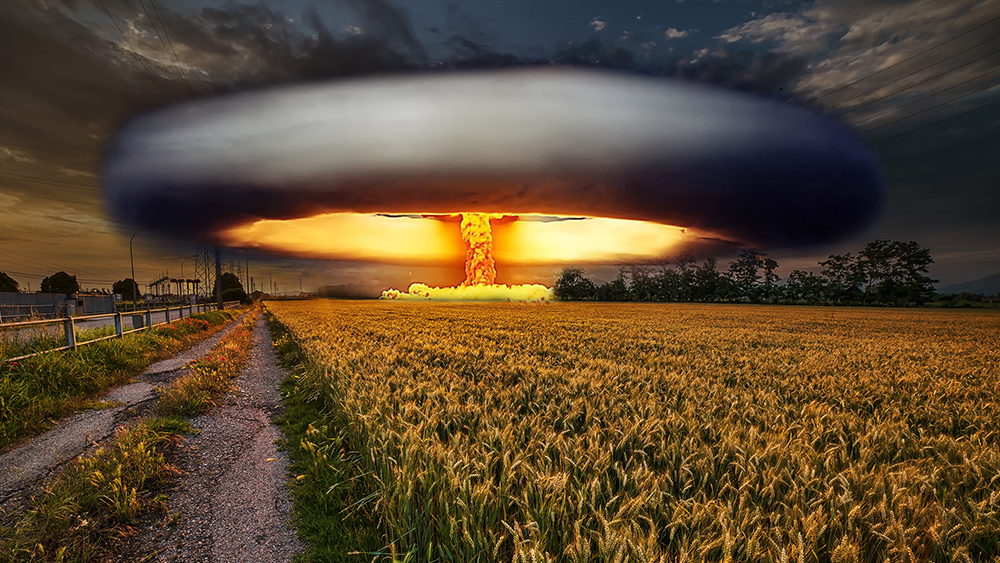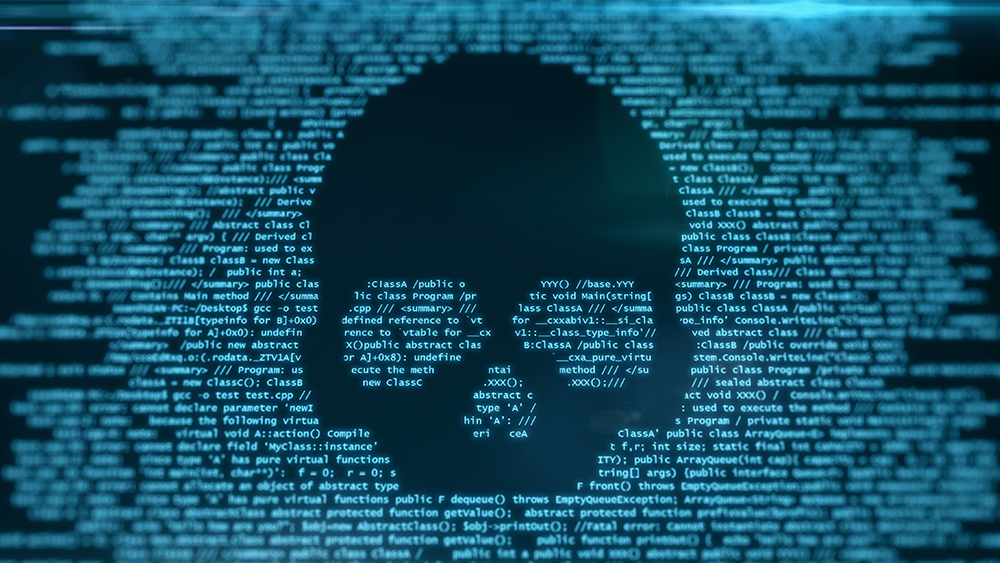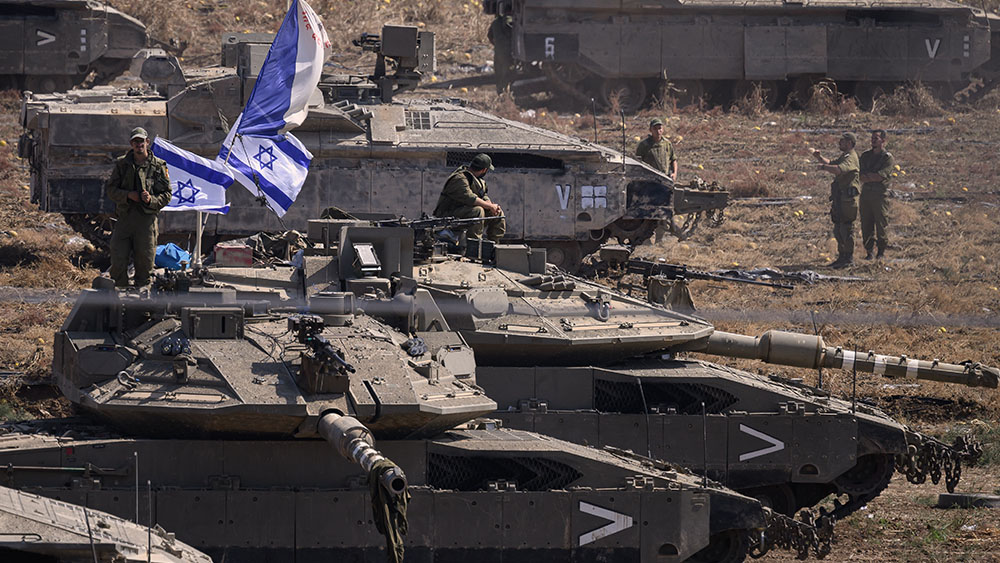Russian authorities detain suspected assassin of chemical weapons chief, say he was recruited by Ukraine
12/18/2024 / By Cassie B.

- Lieutenant General Igor Kirillov, a key Russian defense figure, was assassinated in Moscow by a Ukrainian intelligence-linked assassin.
- The assassin, an Uzbek citizen, used a remotely detonated explosive on an electric scooter to kill Kirillov and his assistant.
- Kirillov, head of Russia’s Radiological, Chemical, and Biological Defense Forces, was accused by Ukraine of war crimes and chemical weapons use.
- Russia has labeled the attack a “terrorist act” and plans to raise the issue at the UN Security Council.
- The assassination marks a dangerous escalation in the Russia-Ukraine conflict, with tensions rising further.
The assassination of Lieutenant General Igor Kirillov, a key figure in Russia’s defense against chemical and biological threats, has sent shockwaves through Moscow and beyond. The killing, carried out with precision and ruthlessness, has deepened the already fraught tensions between Russia and Ukraine. As more details emerge, it is clear that this was no ordinary act of violence — it was a meticulously planned operation orchestrated by the SBU Ukrainian intelligence agency.
Russian authorities have identified the alleged assassin as a 29-year-old Uzbek citizen. According to investigators, the suspect was recruited by Ukrainian intelligence and tasked with eliminating Kirillov. The man reportedly traveled to Moscow, where he received a homemade explosive device and instructions on how to carry out the attack.
The operation unfolded with chilling efficiency. The suspect attached the explosive, packed with approximately 300 grams of TNT, to an electric scooter parked near Kirillov’s residential building on Ryazansky Avenue in southeastern Moscow. To monitor the area, he rented a car equipped with a surveillance camera, which transmitted live footage to operatives in Dnipro, Ukraine. When Kirillov and his assistant, Ilya Polikarpov, exited the building at 6:00 a.m. on December 17, the device was remotely detonated, killing both men instantly.
The suspect, who has not been publicly named, confessed during interrogation that he was promised a $100,000 reward and relocation to a European country upon completing the mission. While the authenticity of his confession remains under scrutiny as it may have come under duress, Russian authorities have vowed to pursue all those involved in the plot.
Kirillov’s strategic importance
Lieutenant General Igor Kirillov was no ordinary military figure. As the head of Russia’s Radiological, Chemical, and Biological Defense Forces, he played a critical role in safeguarding Russian troops and civilians from chemical and biological threats. His expertise was particularly relevant amid the ongoing conflict in Ukraine, where allegations of chemical weapons use have been a recurring theme.
Kirillov’s briefings often focused on accusations that Ukrainian forces had deployed chemical agents on the battlefield and were planning provocations to frame Russia. He also raised concerns about U.S.-backed microbiological laboratories in Ukraine, suggesting they posed a potential threat. In October 2024, the United Kingdom imposed sanctions on Kirillov after he accused Ukraine of planning a false-flag chemical attack to undermine Russia’s standing at the Organization for the Prohibition of Chemical Weapons (OPCW).
Ukraine, however, viewed Kirillov as a legitimate target. Days before his assassination, Ukrainian authorities charged him in absentia, accusing him of war crimes and responsibility for the alleged use of chemical weapons against Ukrainian troops. Moscow vehemently denies these claims, maintaining that it dismantled its chemical weapons stockpile in 2017.
The assassination of Kirillov marks a significant escalation in the conflict, with Ukraine targeting a high-ranking Russian military official on Russian soil. Russian authorities have described the attack as a “terrorist act” and vowed to bring those responsible to justice. The Federal Security Service (FSB) has released a video of the suspect’s interrogation in which he appears to admit his role in the plot.
Moscow has also announced plans to raise the issue at the United Nations Security Council, signaling its intent to internationalize the incident. Foreign Ministry spokeswoman Maria Zakharova accused Ukraine of being a tool of Western powers, specifically the United States and Britain, and warned that Russia would not be intimidated by such attacks.
The Kremlin, meanwhile, has expressed deep condolences over Kirillov’s death. President Vladimir Putin has yet to comment publicly on the assassination, but his administration has emphasized the importance of holding the perpetrators accountable.
A dangerous escalation
The assassination of Lieutenant General Igor Kirillov underscores the growing intensity of the conflict between Russia and Ukraine. By targeting a senior military official, Ukraine has sent a clear message: no one is off-limits. For Russia, the attack is a stark reminder of the dangers it faces on its own soil. As tensions continue to rise, the question remains: where will this spiral of violence end?
Sources for this article include:
Submit a correction >>
Tagged Under:
assassination, big government, chaos, conspiracy, dangerous, Igor Kirillov, insanity, memoryholed, national security, Russia, Russia-Ukraine war, SBU, terrorism, Ukraine, unhinged, violence, World War III
This article may contain statements that reflect the opinion of the author
RECENT NEWS & ARTICLES
COPYRIGHT © 2017 TERRORISM NEWS

